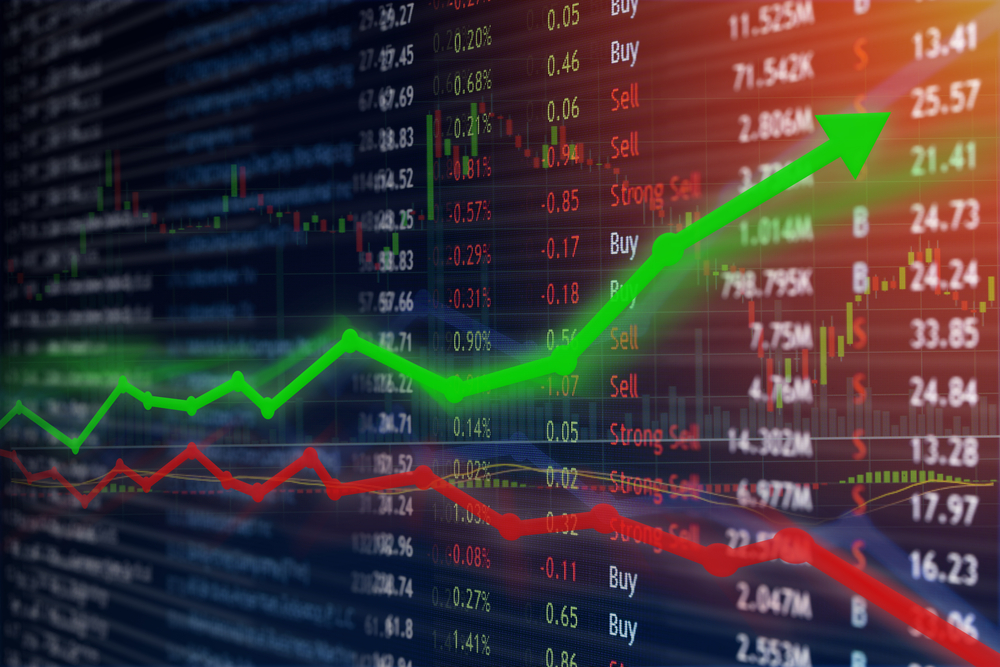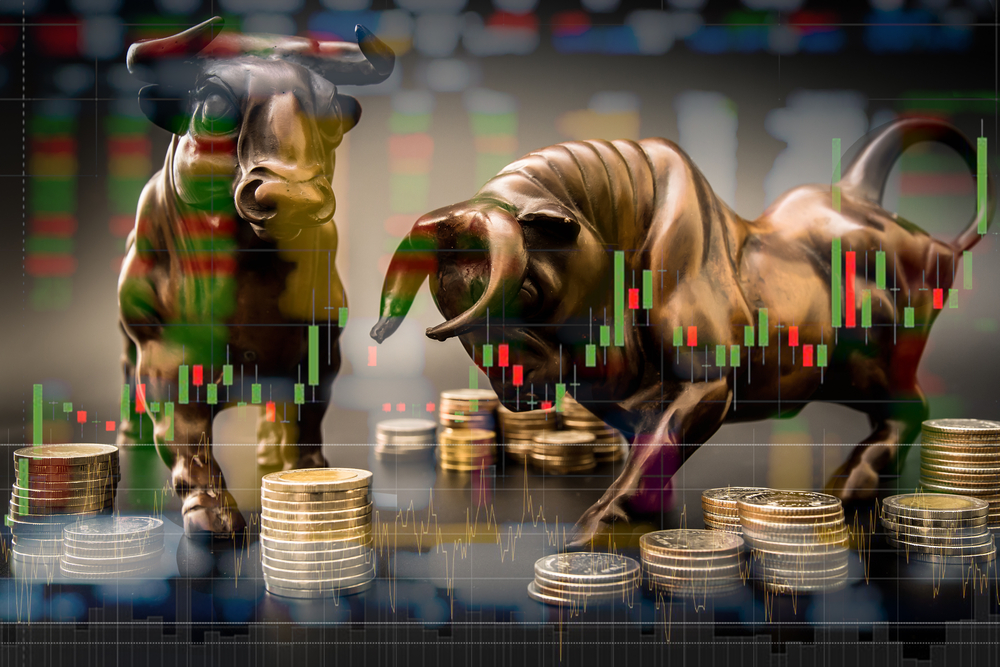The stock market is a gauge of change in the dynamic field of global economics, reflecting the complex interplay of different forces that shape our world. The stock market continues to be a vital indicator of the state and direction of the economy as we head into 2023. Investors and analysts are well-positioned to investigate the possible trends and opportunities that will shape market movements because they are keeping a close eye on technological innovation, geopolitical nuances, and societal transitions. Comprehending these critical areas is essential to predicting and understanding the dynamic changes that will impact the stock market in the coming year. Let’s take a closer look at these important issues that will determine the direction of the stock market in 2023.
1. Technological Innovations
- Artificial intelligence (AI): As AI develops, efficiency will increase across industries, enhancing decision-making and task automation.
- Renewable Energy: As renewable energy sources such as wind and solar power proliferate, the energy markets will be altered and traditional energy companies will be impacted.
- Electric Vehicles (EVs): As EV adoption picks up speed, the automotive industry will be completely transformed, opening up new business opportunities for infrastructure and EV manufacturing firms.
- Healthcare Technology: Advances in biotechnology and telemedicine, among other areas, will continue to transform healthcare delivery and treatment approaches.
2. Geopolitical Developments
Global geopolitical developments will have a big impact on the stock market in 2023:
- Trade Accords: Modifications to trade agreements and tariffs impact market attitudes, especially in sectors of the economy that are highly susceptible to fluctuations in global trade.
- Geopolitical Tensions: Tense relations between states can lead to uncertainty, which can have an impact on some industries, particularly those that depend on other countries for their operations.
- Global Policies: Market performance and investor confidence are directly impacted by changes in international policies, including regulatory reforms and diplomatic relations.

3. ESG (Environmental, Social, and Governance) Factors
- Environmental: The effects of businesses on the environment, encompassing resource management, carbon footprints, and sustainability initiatives.
- Social: Pay attention to how actions affect society as a whole, including community involvement, diversity, employee welfare, and human rights.
- Governance: Places a strong emphasis on executive pay, diversity on the board, ethics, and open and efficient corporate structures. Strong ESG performance is often associated with greater resilience and better long-term prospects, making a company attractive to investors looking for both financial gains and positive social impact.
4. Inflation and Monetary Policy
- The general rate of increase in the prices of goods and services that results in a decline in the purchasing power of money is known as inflation. Demand, interruptions in the supply chain, and fiscal policies all have an impact.
- The term “monetary policy” describes the measures used by central banks to control inflation and economic expansion. Inflation is managed and the economy is stabilized with the use of instruments such as reserve requirements, open market operations, and interest rate changes. The fine balance that monetary policy strikes between promoting economic expansion and reining in inflation has a big impact on consumer spending, borrowing costs, and overall market stability.
5. Cybersecurity and Digital Transformation
- Cybersecurity is the process of defending digital networks, systems, and data against online threats and attacks. It includes taking precautions to guarantee data availability, confidentiality, and integrity.
- Digital transformation is the deliberate incorporation of digital technologies to radically alter corporate processes, resulting in increased productivity, creativity, and client satisfaction. It entails implementing automation, IoT, cloud computing, and AI to improve workflows, services, and goods. As digital transformation picks up speed, the need for strong cybersecurity measures becomes more and more important to protect sensitive data and systems in an increasingly connected digital world.

6. Pandemic Recovery and Resilience
- Recovery: Following the COVID-19 disruptions, industries are navigating post-pandemic challenges and seeking stability and growth.
- Resilience is the capacity of an industry to innovate for long-term sustainability, accept new norms, and adapt and persevere in the face of constant uncertainty.
- While tech, e-commerce, and healthcare demonstrate resilience, industries like travel and traditional retail strive for recovery. The post-pandemic recovery trajectory and overall market performance of companies will be determined by their ability to innovate, adapt, and respond to shifting consumer behaviors and economic conditions.
7. Commodities and Energy Markets
- Commodities are physical goods that are exchanged on markets, including oil, precious metals, agricultural products, and natural resources. Weather, geopolitical factors, and the dynamics of supply and demand all affect their prices.
- The buying, selling, and trading of energy resources, such as natural gas, oil, and renewable energy sources, is referred to as the energy markets. Geopolitical unrest, changes in regulations, disruptions in supply, and worldwide demand all have an impact on prices. Changes in the energy market have an effect on a number of industries, affecting consumer prices as well as the performance of businesses that depend on these resources.
Conclusion
The stock market is expected to face a variety of opportunities and challenges in 2023 as a result of continuing societal shifts and changing global environments. Investors and market participants will need to keep a close eye on and analyze these important areas: technology developments, geopolitical events, ESG factors, inflation and monetary policy, cybersecurity, pandemic recovery, and commodities. But it’s crucial to keep in mind that past performance does not guarantee future outcomes because the market is fundamentally unpredictable. The key components of successfully navigating the constantly shifting stock market environment continue to be diversification, in-depth research, and a long-term investment strategy.
In 2023, investors will need to remain informed, adjust to changing conditions, and remain aware of the factors that impact the stock market in order to make well-informed decisions in a constantly changing and dynamic financial landscape. As we navigate the thrilling and unpredictable 2023 stock market journey, stay tuned and alert.
